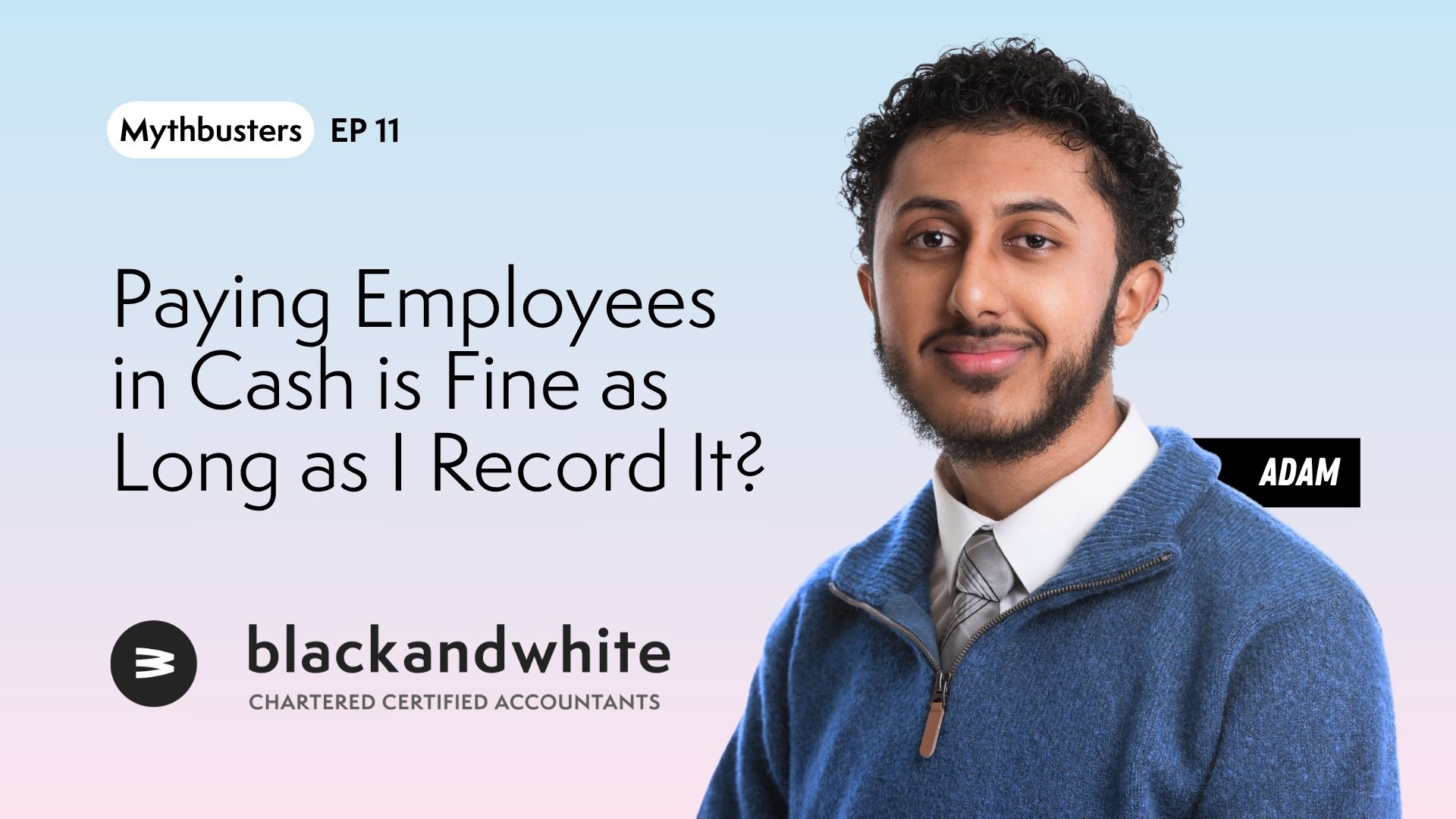In light of the Coronavirus outbreak, the UK government has created many schemes to aid employees and businesses alike. From the Job Retention Scheme to business support grants, they are doing all that they can to help as much as possible during these unprecedented times. However, there are some people who have not met the criteria in order to be eligible for the schemes. In these times of uncertainty and for some, panic, it is highly likely that people have gone to fraudulent lengths in order to gain entitlement.
In this post, we are going to discuss the differences between tax evasion and tax avoidance (and tax efficiency), and more generally, tax fraud.
What is tax fraud?
A sole trader or business commits tax fraud when they deliberately falsify information on a tax return to reduce tax liability; essentially cheating the system in an attempt to avoid paying the full tax amount due. Tax fraud can also be committed by exaggerating expenses and allowances to the claimant’s benefit.
What are the differences between tax evasion and tax avoidance?
The difference between evasion and avoidance is down to legality, and there is a very fine line between the two.
Tax evasion is a type of tax fraud whereby income or information is concealed from HMRC, whereas, tax avoidance is where individuals and businesses identify grey areas in tax laws and find ways of reducing taxable income or tax owed. When you drill down further into what these two things are, each one is defined by intent; with tax evasion involving purposely lying and tax avoidance, hiding.
In 2017, a list of 100 celebrities was obtained from Companies House highlighting those who had invested at least £100,000 into a film financing scheme. Since the exposure of celebrity involvement with tax relief schemes like this one – which resulted in a total tax relief of £700 million – those who are shortlisted for knighthoods and other honours can now be blocked from nomination, due to poor tax affairs.
Tax avoidance is the legal use of the tax regime to reduce the amount of tax that you pay, within the law. Similarly, tax efficiency, us when an individual or business pays the least amount of tax they are required to, within the law.
HMRC tax evasion and examples
Misunderstood something on your tax returns and made an error? Don’t worry, HMRC will not think you are a tax evader. However, if you have consciously left out information or supplied incorrect information, this is what you will be classed as.
Common examples of UK tax evasion include, but are not limited to:
- Failing to report income to HMRC;
- Under-reporting income to HMRC;
- Hiding money, shares or other assets in an off-shore bank account;
- Misreporting personal expenses as tax-deductible business expenses; and/or
- Using company property for personal use without a valid reason
HMRC tax avoidance and examples
In contrast, tax avoidance, as mentioned above, is when individuals or companies make a conscious decision to exploit the tax system to reduce tax liabilities. There are however ‘good’ and ‘bad’ ways to do this, with the former being within the spirit of the UK law and that latter being outside.
Good tax avoidance, can include, but not be limited to:
- Putting money into an ISA (Individual Savings Account) to avoid paying income tax on interest earned by cash savings;
- Giving employees company shares;
- Making charitable donations;
- Investing in a pension scheme; and/or
- Claiming capital allowances for business purposes.
These are firmly within both the law itself and the spirit of the law. These are legitimate ways to reduce your tax, which the Government encourages.
Bad tax avoidance, can include, but not be limited to:
- Tax havens without legitimate economic/commercial purpose;
- Playing one task system off against another;
- Complex arrangements without legitimate economic/commercial purpose; and/or
- Artificial arrangements without legitimate economic/commercial purpose.
Deciding what side you fall upon doesn’t just depend on the law, it also depends on the spirit of the law also.
Penalties for tax evasion in the UK
The penalties for UK tax evasion vary on a case-by-case basis, however, evaders can receive a maximum prison sentence of 7 years and an unlimited fine. Providing HMRC with false documentation can result in a 6 month prison sentence or a fine of up to £20,000.
Every year, HMRC prosecutes around 1,000 taxpayers, with those who are responsible for the most serious cases of tax fraud or evasion prioritised. That said, they are looking to increase their criminal investigation resources on an ongoing basis to be able to make more discoveries. Therefore, if you feel that there are irregularities in your accounts, you should disclose these to HMRC before they take legal action against you (known as an HMRC Disclosure). This will enable you to submit a disclosure to bring your tax affairs up-to-date.
The cost of tax evasion for the UK Government
In the 2017 tax year, HMRC estimated that the bill for tax evasion was in excess of £5 billion. Due to the amount of applications made for the different schemes during the Coronavirus outbreak, we would expect HMRC checks and enquiries to increase post-crisis, leading to more tax evasion penalties being issued than usual.
Black and White Accounting
Whilst we don’t want our clients to pay more tax than they need to, it is also important to pay the tax which is due and we work closely with our clients to ensure they do this. There are however many ‘grey’ areas, and whilst tax efficiency is key, we must consider both the law itself as well as the spirt of the law for our clients.
To find out more about this and ensuring you remain on the right side of the law, without paying more tax than you need to, please call us today on 0800 140 464 or click here to email us.



